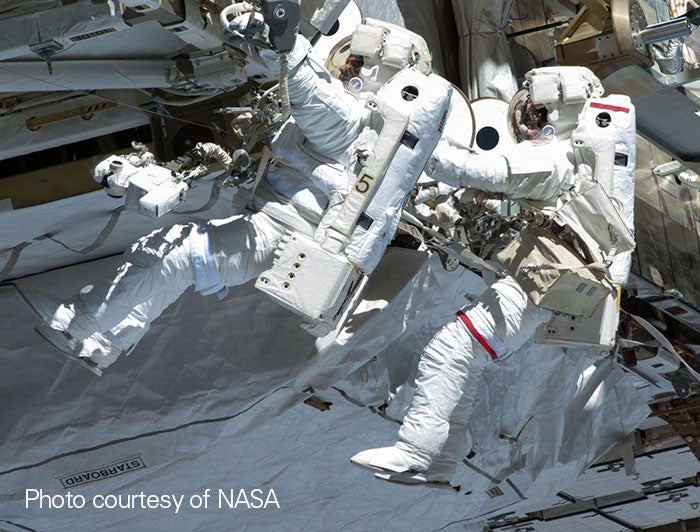From stem cells to supernovas: Cedars-Sinai explores how space impacts human health
Cedars-Sinai
Los Angeles

Cedars-Sinai in Los Angeles is reaching for the stars with the May launch of its Center for Space Medicine Research. Building on Cedars-Sinai’s previous space experiments and work in regenerative medicine, the center studies space biomedicine, a branch of medicine that examines the physiological and biological effects of spaceflight on the human body. Insights could benefit both astronauts and patients on Earth.
“The Center for Space Medicine Research leverages our expertise in academics, research and clinical medicine and builds on a decade of work in the Regenerative Medicine Institute,” said Arun Sharma, associate professor of biomedical sciences at Cedars-Sinai and director of the new research center. “Space biomedicine is a rapidly emerging field, and we are building a solid body of research into what happens to the human body in space and how stem cells behave in microgravity.”
The center will establish an educational initiative tied to the Cedars-Sinai Master of Science in Regenerative Medicine program, which includes space biomedicine courses. The most exciting part of it all? Discoveries have the potential to address medical and environmental issues here on Earth, including remote health care delivery and sources of clean water and air.

